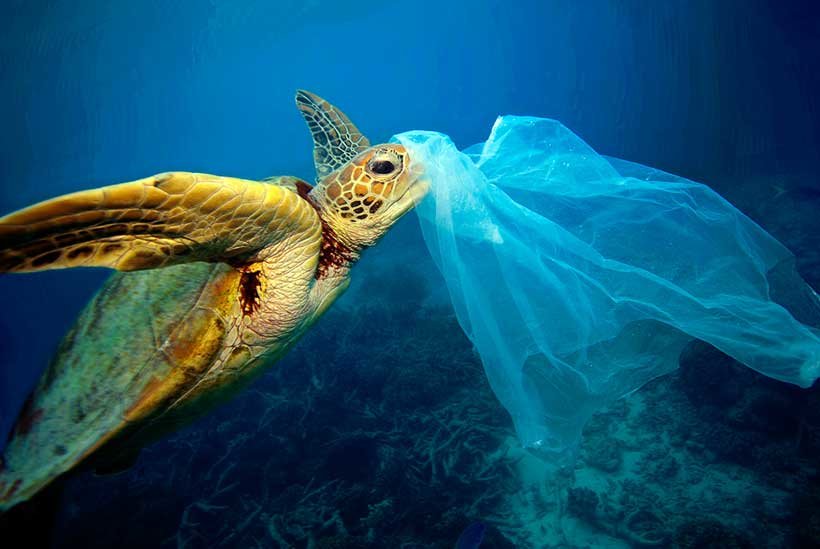On the occasion of plastic-free day: Say no to plastic

TEHRAN — Plastic pollution is a pressing reality and it is adversely affecting wildlife, wildlife habitat, and us.
In Iran, July 12 is being observed by environmental activists annually to raise awareness about plastic pollution which is negatively impacting our lives.
Unfortunately each Iranian is throwing away three plastic bags on average every day, Tehran city councilor Nahid Khodakarami said on Tuesday, Mehr news agency reported.
Parvaneh Tishehzan, assistant professor at Shahid Chamran University of Ahvaz has also explained that more than 3.5 tons of plastics is being produced in Iran annually.
“Plastic waste constitute 28 percent of the waste produced in Iran,” IRNA quoted Tishehzan as saying on Tuesday.
As per a report published by United Nations Industrial Development Organization (UNIDO) in October 2016, waste generation per capita in Iran’s urban areas is about 658 grams per day while Iranian waste generation per capita in rural areas is about 220-340 grams per day. Average Iranian waste generation per capita amounts to some 240 kilograms per year.
The report states that in Tehran alone waste generation per capita is estimated at 750-800 grams per day and each Tehrani citizen generates about 270-450 kilograms of waste per years.
And sadly out of 20 million tons of waste being produced annually in Iran only 3.2 million tons will be recycled and the rest end up in landfills which lead to the production of some 10 million cubic meters of leachates.
Together we can beat plastic pollution
According to World Environment website, while plastic has many valuable uses, we have become over reliant on single-use or disposable plastic with severe environmental consequences. Around the world, 1 million plastic drinking bottles are purchased every minute. Every year we use up to 5 trillion disposable plastic bags. In total, 50 per cent of the plastic we use is single use.
Nearly one third of the plastic packaging we use escapes collection systems, which means that it finally ends up clogging our city streets and polluting our natural environment. Annually, up to 13 million tons of plastic leak into our oceans, where it smothers coral reefs and threatens vulnerable, precious marine wildlife. The plastic that ends up in the oceans can circle the Earth four times in a single year, and it can persist for up to 1,000 years before it fully disintegrates.
Plastic also makes its way into our water supply and into our bodies. What harm does that cause? Scientists still aren’t sure, but plastics contain a number of chemicals, many of which are toxic or disrupt hormones. Plastics can also serve as a magnet for other pollutants, including dioxins, metals and pesticides.
Bring your own shopping bags to the supermarket, pressure food suppliers to use non-plastic packaging, refuse plastic cutlery, pick up any plastic you see the next time you go for a walk on the beach or forest, bring your own coffee mug to work, and most importantly pressure local authorities to improve how they manage the city’s waste.
MQ/MG
